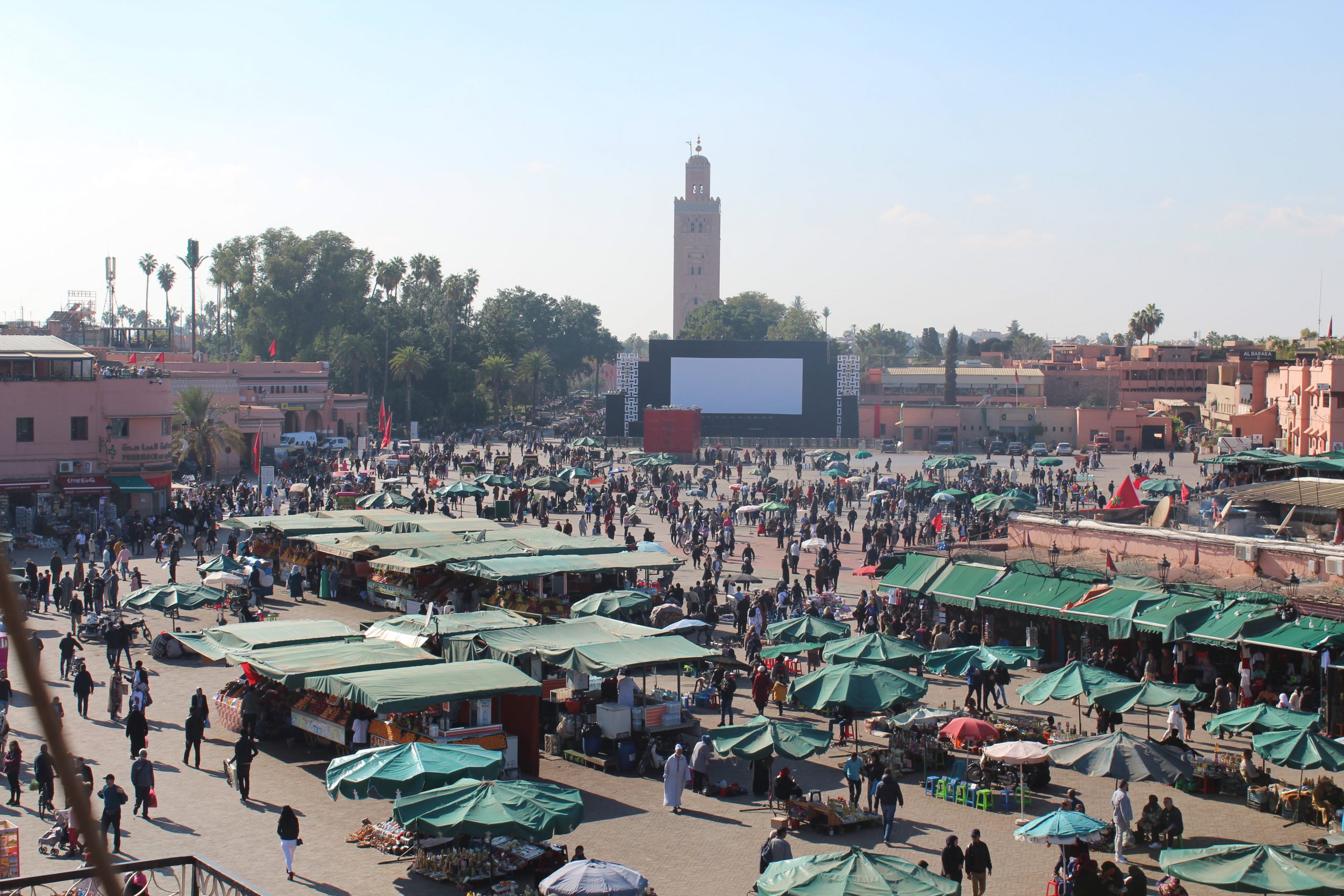
I love to travel, I try to spent every Euro I earn on flight tickets and trips. Unfortunately, whilst traveling you leave a footprint on the environment and the local community. In this blog I will share my tips for traveling responsibly in Morocco.
Use public transport
Of course, a holiday at home would be the best for the environment. However, I understand that people want to travel (so do I!!) so sometimes taking a plane to a country is inevitable. If I take a plane somewhere, I try to always take ground public transport at the destination itself.
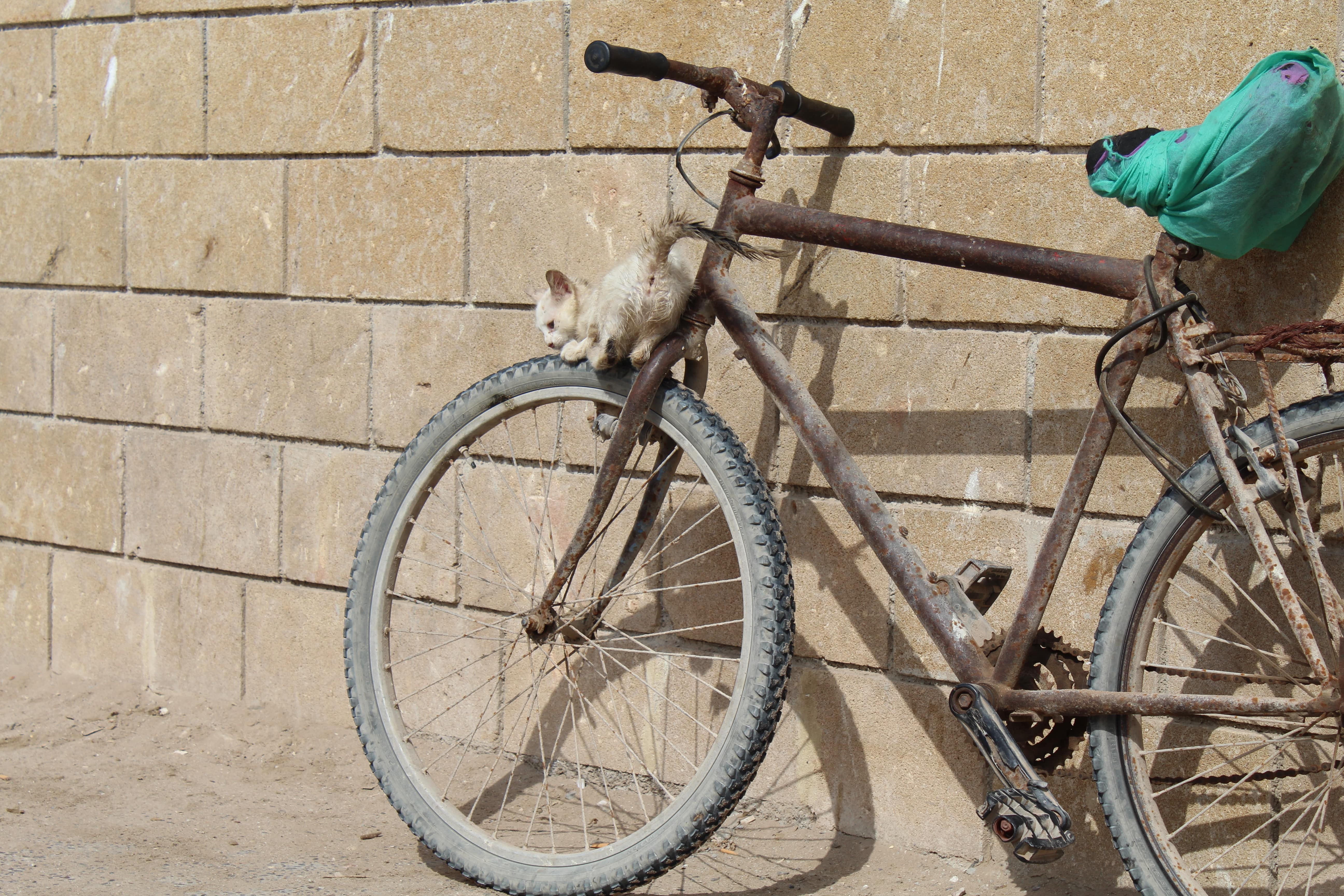
Morocco has a nice public transport system containing trains and busses. The railways (by ONCF) are operating between the bigger imperial cities like Marrakech and Fes, but also reach to Tangier and Oujda. The trains are comfortable and in a good condition and very affordable: Marrakech – Fes costs 215 dirhams one way for a 6 and a half hour train ride!
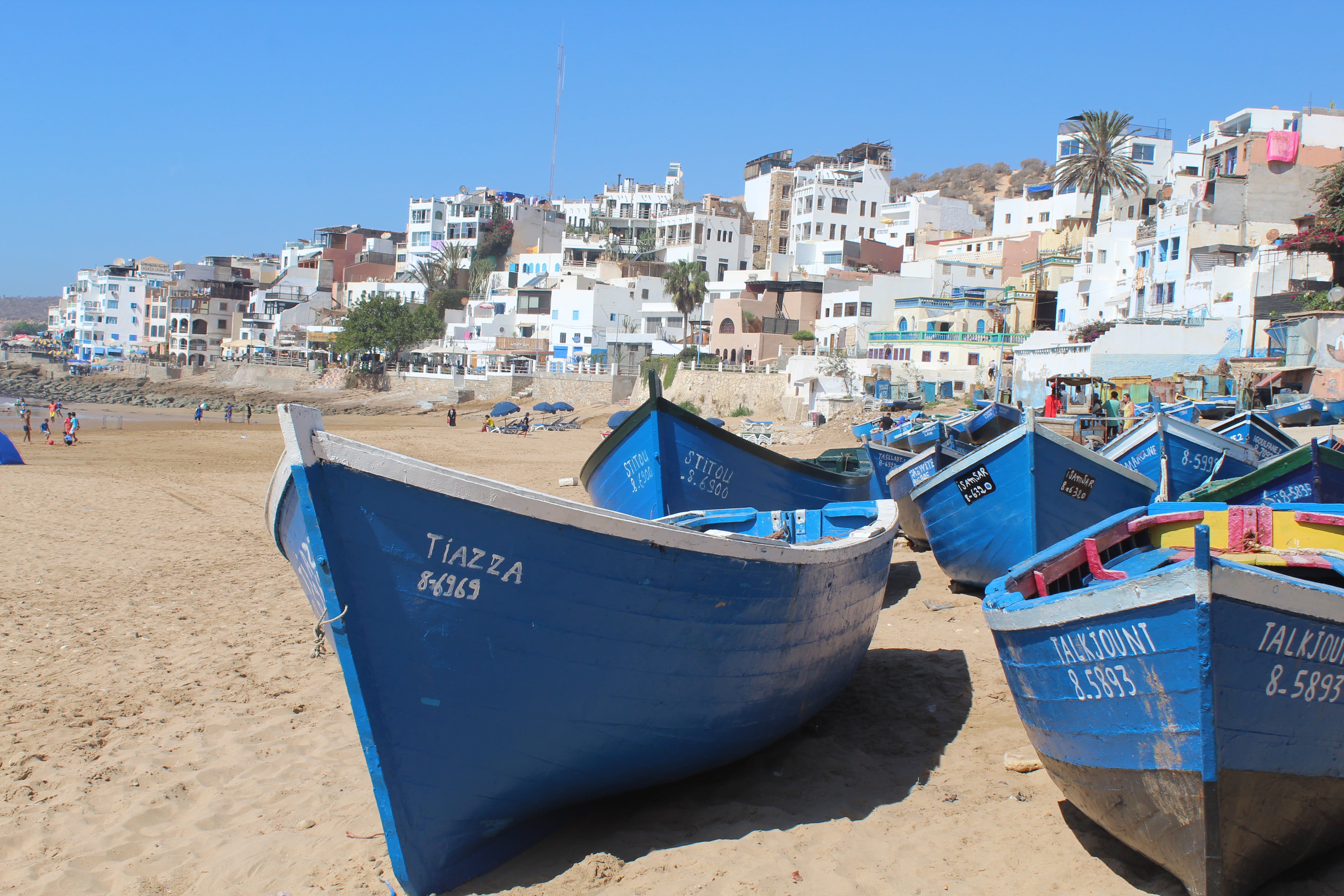
Where there are no trains, busses take over the transportation. There are two mayor bus companies operating in Morocco: Supratours and CTM. Supratours is often located near the train station as it is part of ONCF. Both companies have comfortable busses and also offer Comfort plus options on some popular routes like Marrakech – Agadir. There is no need to buy the tickets for busses and trains in advance, I always make sure to arrive half an hour in advance to buy the ticket at the station. However, on the popular route from Fes to Chefchaouen, tickets might get sold out so here I would advise to buy your ticket at least a day in advance.
Of course, the public transport does not reach every corner of the country, so if you are planning on visiting the real remote places of Morocco, you either have to take a shared taxi or drive yourself. Often there are possibilities to take a bus and then a grand shared taxi. These taxis wait until they are full, which means you sometimes have to wait before you can leave.
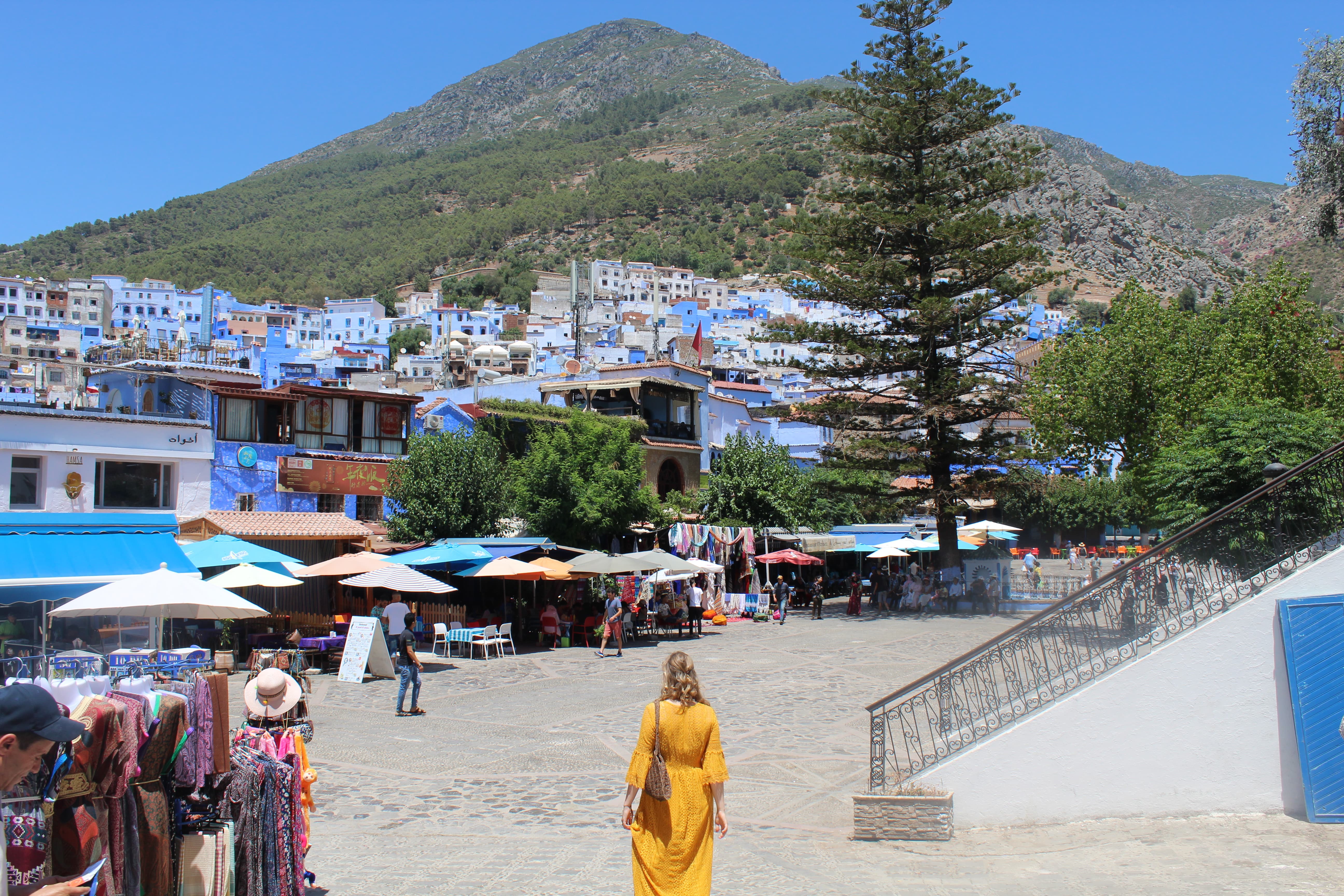
In the cities there is also good public transportation with mostly busses. However, do not expect them to arrive on time. It is wise to keep your schedule a bit relaxed as you never really know at what time you will arrive.. I once waited an hour and a half for the bus to Taghazout from Agadir..
Besides these little discomforts, I think traveling by public transport brings a lot of good experiences. You can sit down, relax and enjoy the beautiful scenery and get closer to the local community. And in Morocco it is very affordable!
Do not stimulate animal abuse
Who doesn’t like to see animals on their holiday? Morocco is a country rich of various species of animals like camels, barbary macaques and tree climbing goats. Unfortunately, the interest of tourists in the local animals results in abuse. Animals are often used to generate money from tourists for pictures and have no freedom at all.
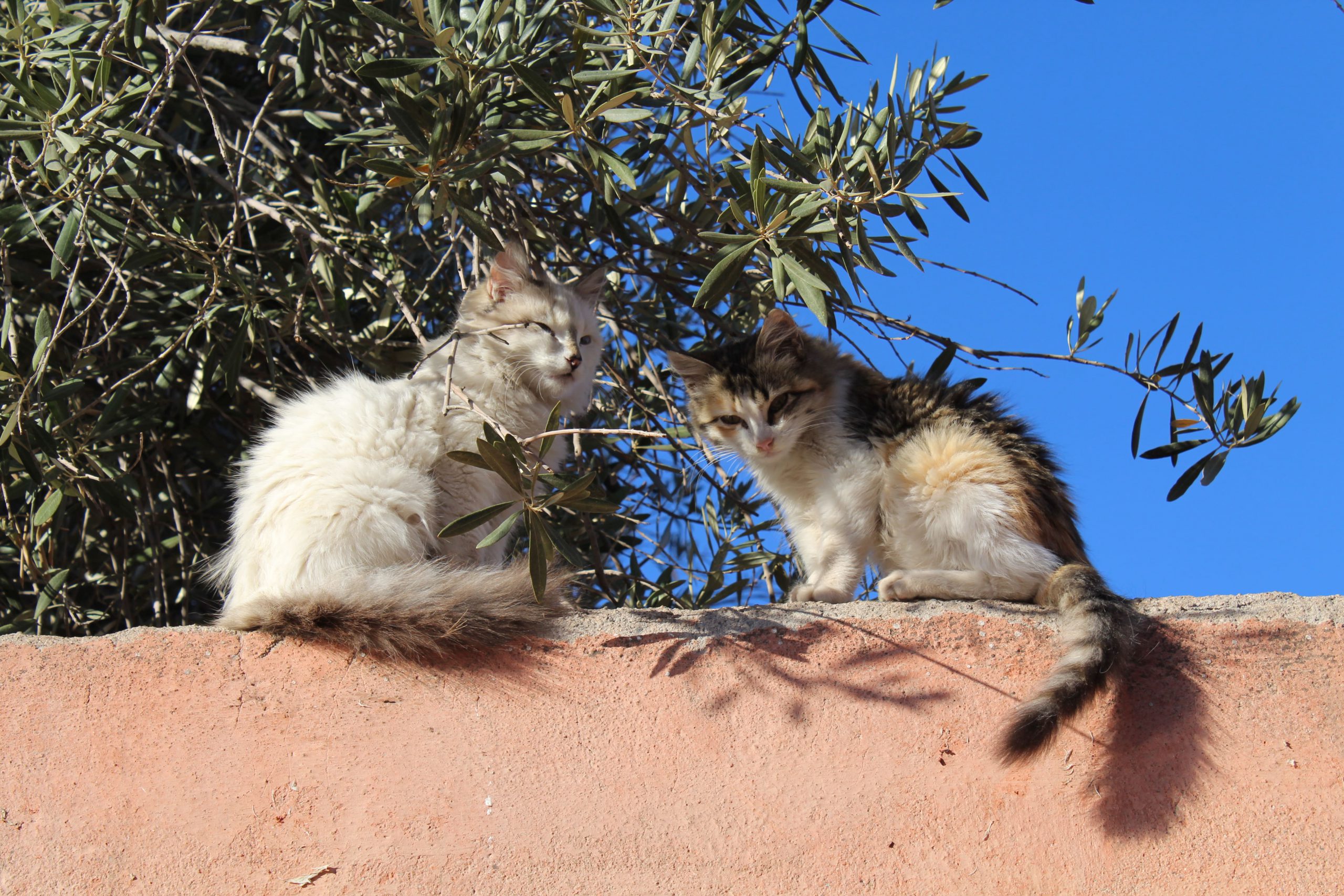
Djemaa el Fna square
If you want to travel responsibly, please make sure to always check if your excursion or activity includes animals and how they are treated. One example of mistreated animals in Morocco is at one of the country’s most important tourism spots: Djemaa el Fna. Here you can see monkeys wearing clothes and being chained around their neck. If you take a moment to look at them, you will see them fighting with their owners and trying to pull the chain from their necks.
The monkeys that are not used at that moment at the square are put in too small boxes and have to sit in there all day. Every tourist at that square is a witness of hard animal abuse and the least we can do for them is to not give the sellers what they want: money for pictures. At one point they should realise that tourists are not interested in staged pictures with animals that are captivated in the worst possible way, right? If you really want to see the monkeys and take pictures with them: go up north where you can see loads of them in the wild.
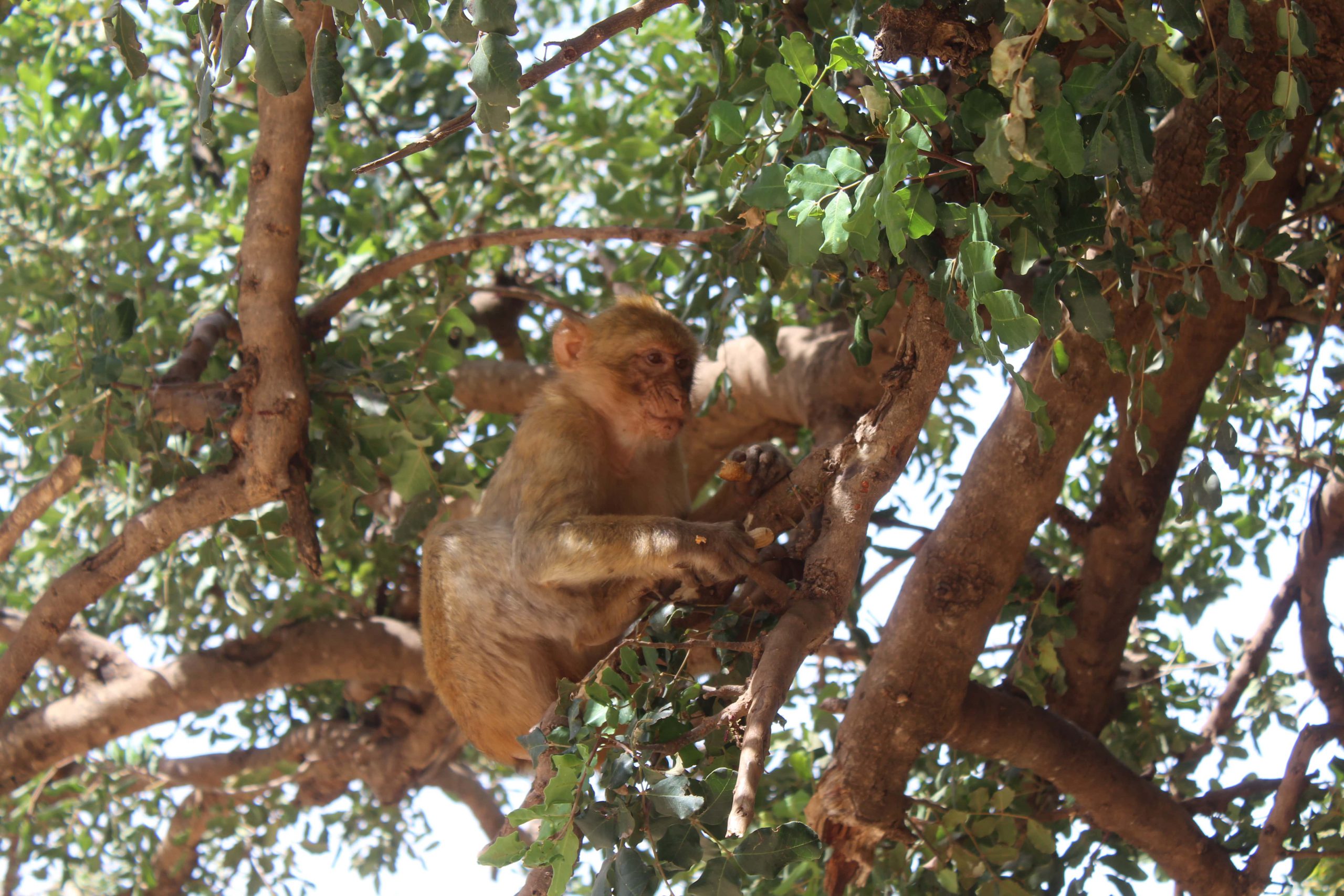
Unfortunately, I am not finished talking about animal abuse at the Djemaa el Fna square. Even though I am not a fan of snakes, the way they treat them at this square is simply WRONG. I am not saying that all snake charmers do this, but a lot of them make sure the snake cannot attack them anymore. They do this by either pulling out the fangs or by sewing the mouth of the snake shut. In both ways the snake will starve and die a very painful death. When this happens, the snake charmers just catch a new victim to work for them and generate money from tourists.
So please! When you go to Djemaa el Fna, enjoy the beautiful juice stands with fruits stacked on top of each other and listen to the music made by musicians and look at the other performers. Animals belong in the wild, a picture is not worth an animals life, right?
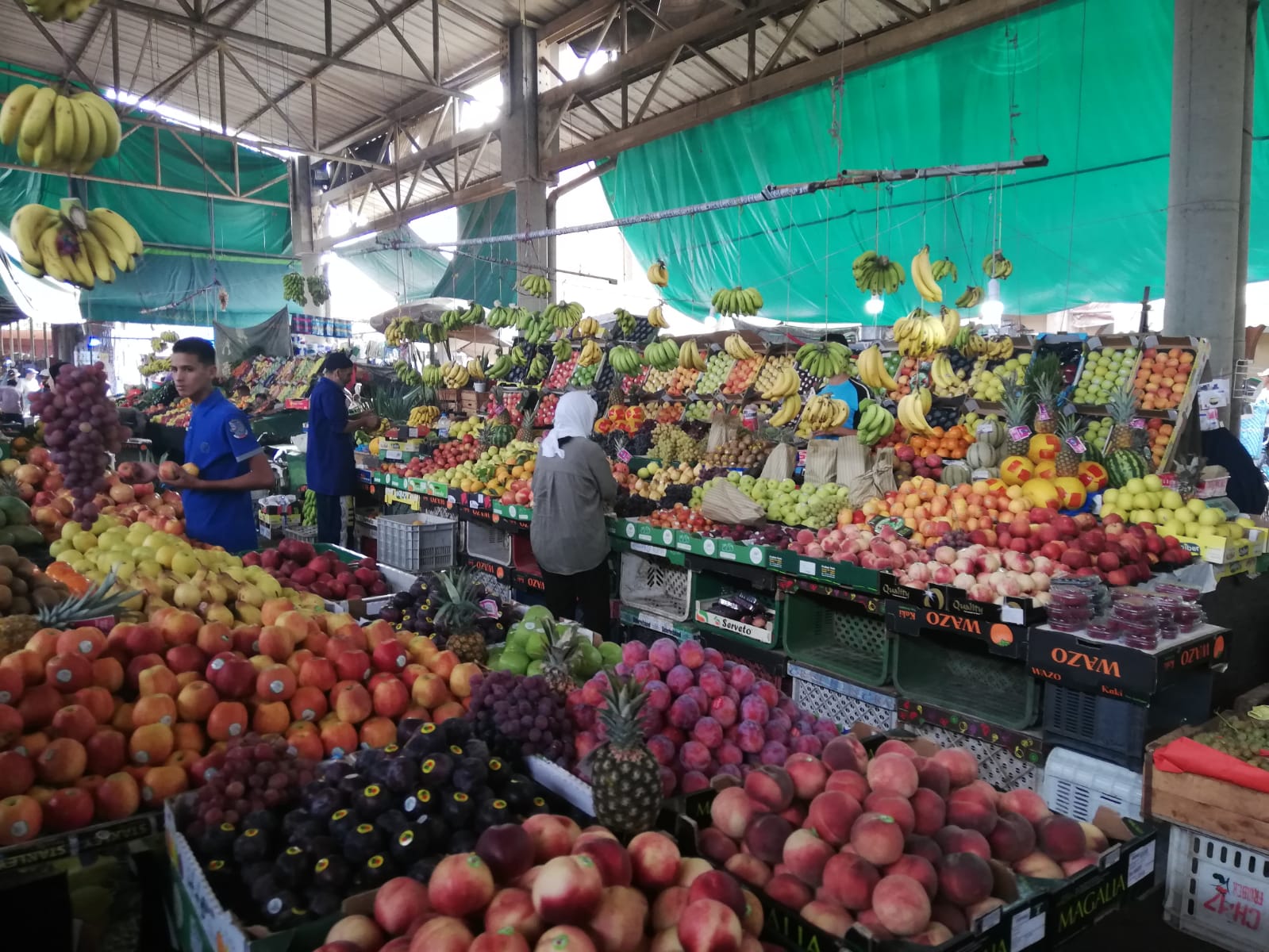
Goats in Trees
Morocco is home to a very unique phenomenon of goats climbing in trees. They like the fruits of an argan tree and once they finish the ones hanging at the bottom, they start climbing the tree to find some more. These cute goats are very popular by tourists and shepherds noticed that they can charge tourists money for taking pictures. Now there are tours offered to tourists to see these goats, and the poor animals are tied up in the trees. They often have to stand in the sun for hours and cannot move at all. Besides the fact that this is abuse of the animals, the trees are also harmed by these practices.
I can imagine that you still want to see these cute animals balancing on the thin branches of the trees. However there are ethically better ways of doing this than booking a tour. The only right way is to drive around yourself and look for a shepherd who is genuinely letting his herd roam freely. I always keep my eyes open when I take a bus to another city and hope to spot them. You should think about it like whale watching, you are either lucky or unlucky as it is never sure if you will see them.
Want to interact with animals in a responsible way? Volunteer for Morocco Animal Aid during you stay in the Agadir region! Check out their website and see how you can make a difference!
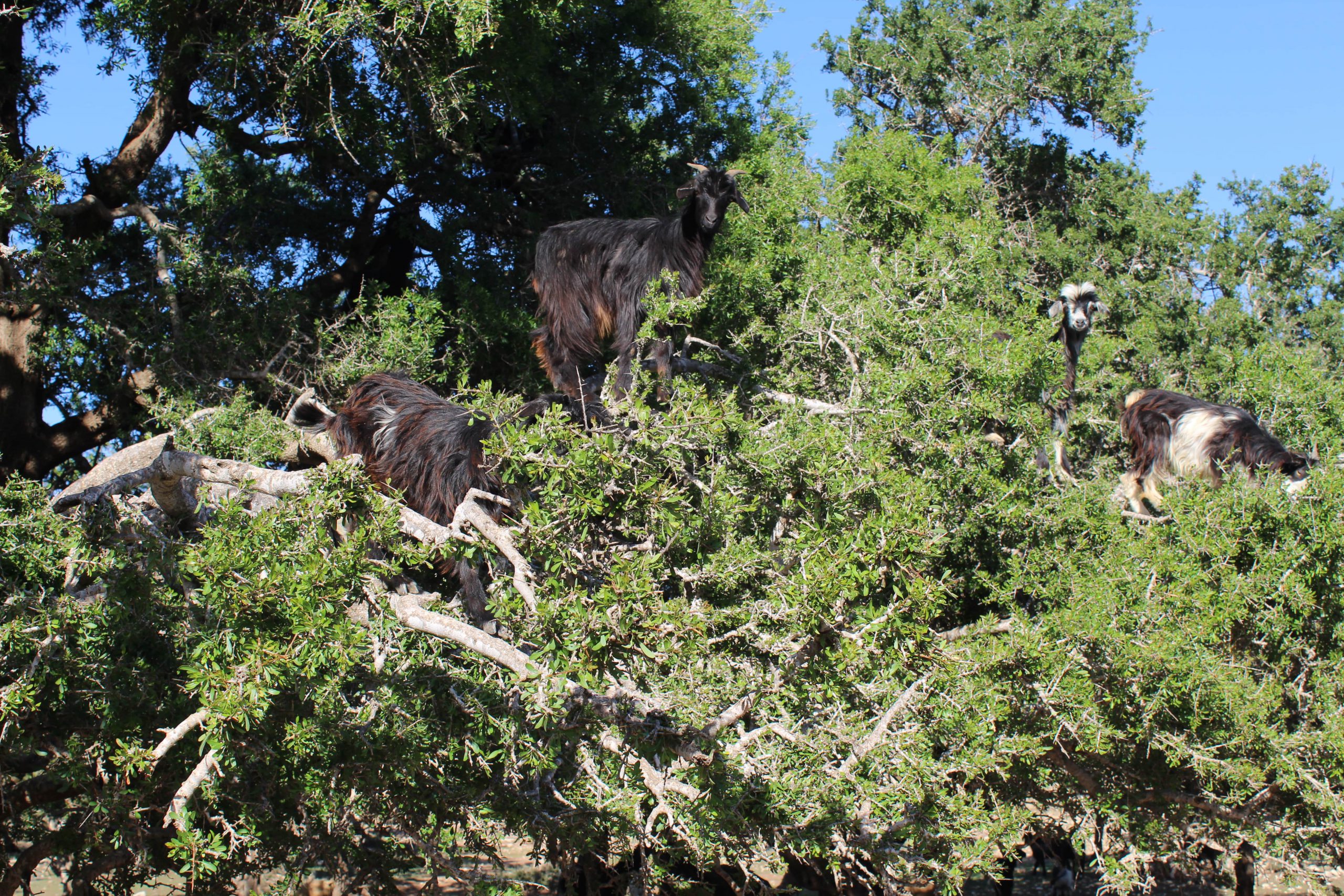
Minimise your plastic waste
Morocco is a country coping with a huge waste problem. Everywhere you look, you will find garbage in the street and nature. As a tourist you have to be careful with drinking water from the tab so buying bottles of water is the safest option. Try to always buy bigger size bottles to minimise the amount of plastic you use. Also, if you really want to take it next level, you can bring a reusable metal straw which you use instead of all the plastic straws they give you. As juices are super cheap and veeeery tasty, a lot of plastic straws are used..
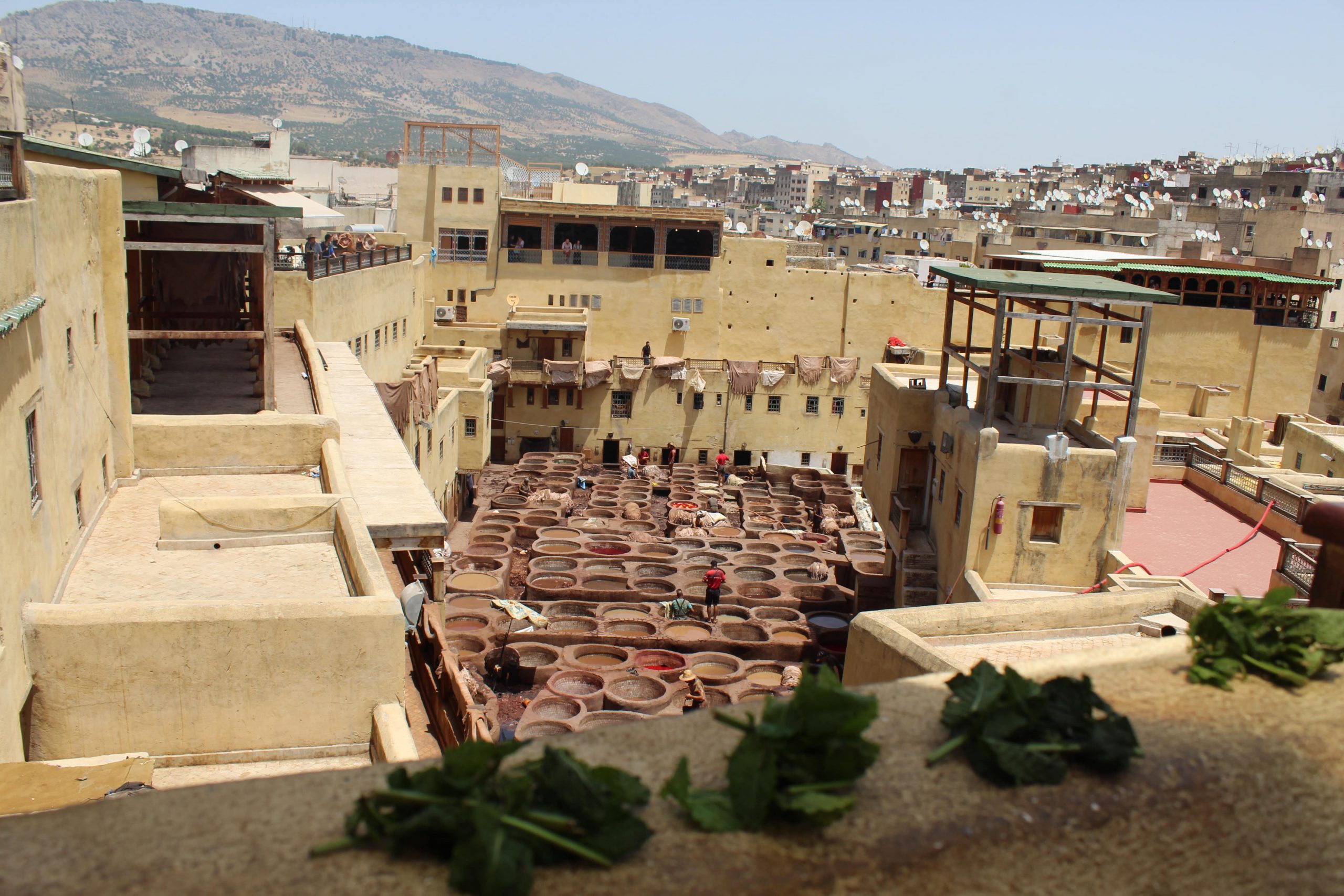
Support the local community
By choosing your accommodation wisely, you can help the local community benefit from your stay in Morocco. So always book your stay at a local place like a riad or even try to stay at someones home! By choosing a big hotel chain you stimulate the concept of ‘leakage’ where the money ‘leaks’ away from the local community into to pockets of the wealthy (foreign) people. Not staying at these big hotel chians will give you the opportunity to get in contact with locals and learn more about the culture / way of living.
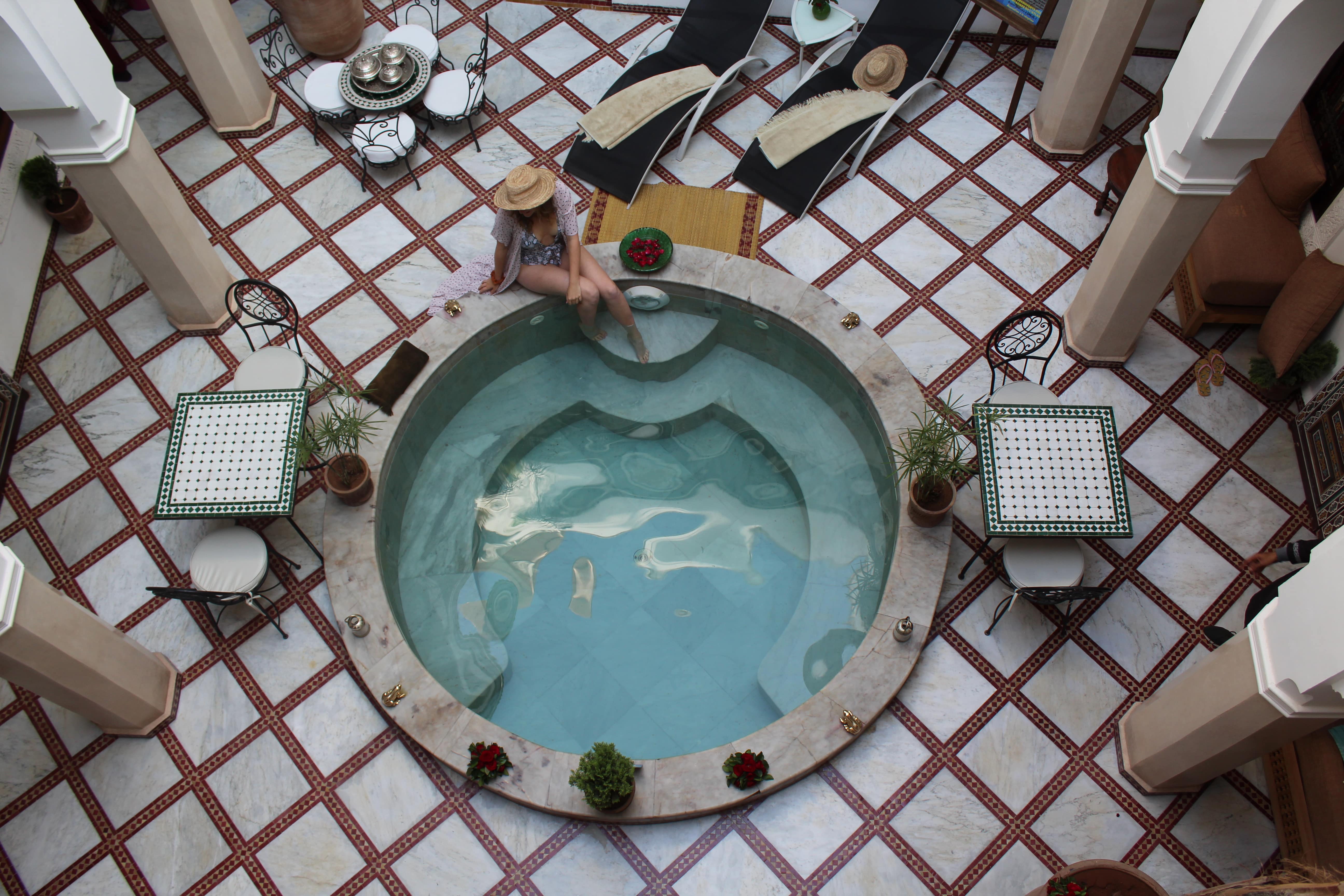
Respect local culture
Another tip for traveling responsibly in Morocco is about respect. It is important to always respect the culture of the destination where you are going. You are the guest in their land and you should adapt to the culture. In Morocco this mostly means to take the way you dress into account. Both men and women should always cover their shoulders, knees and chest.
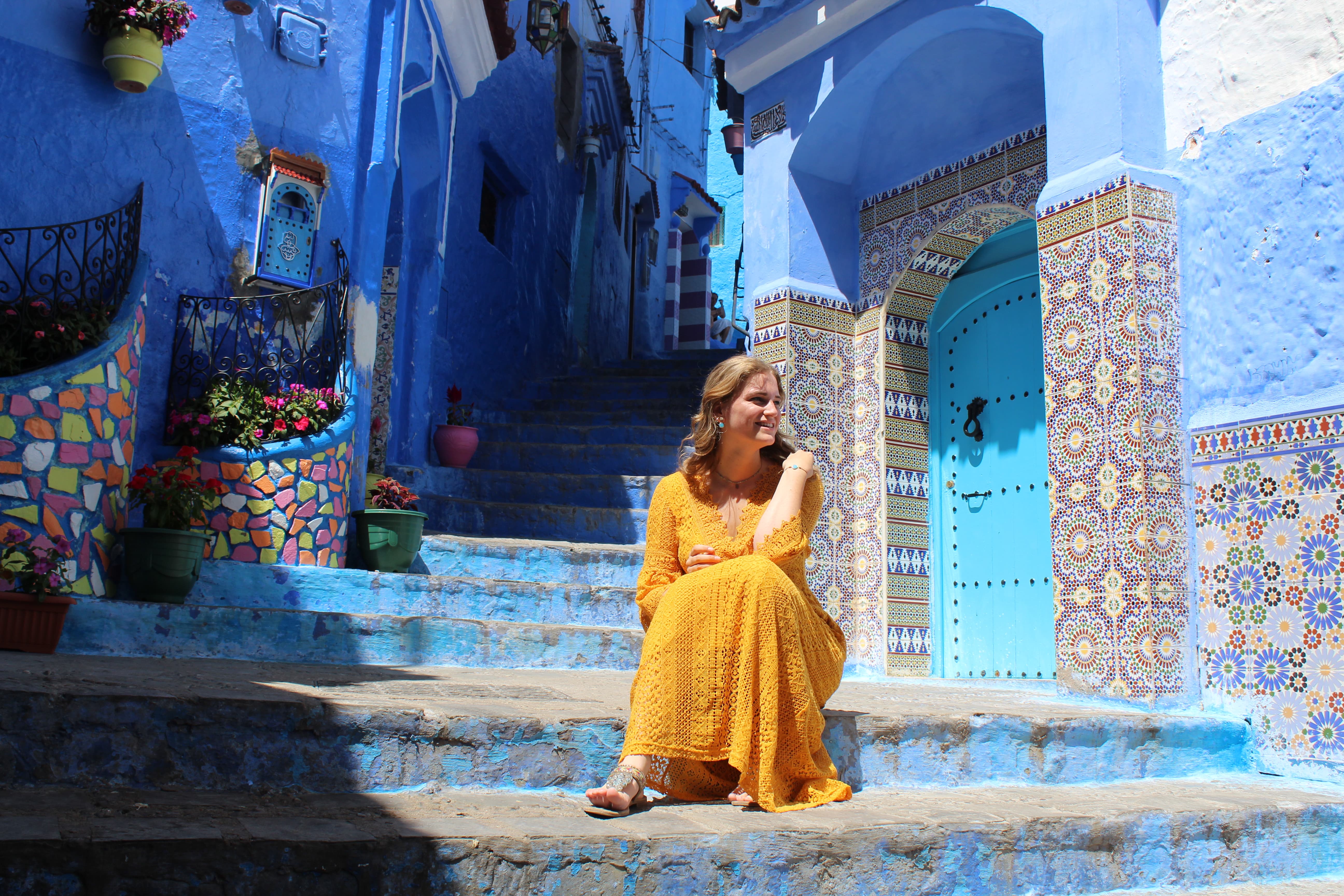
Not only will you show respect to the people, it will also help to get maybe less harassed.
Do not give money to beggars
Unfortunately during your trip in Morocco, you will get asked a lot for money by beggars. I want to advice you to not give them money. Often (not always) they are fully capable of working and they decide to beg for money as it is an easy way of earning it. Also, a lot of parents use their children to beg for money, which keeps them away from school. The only way of making the kids go back to school is to not cooperate with it and say no when they ask you for money.
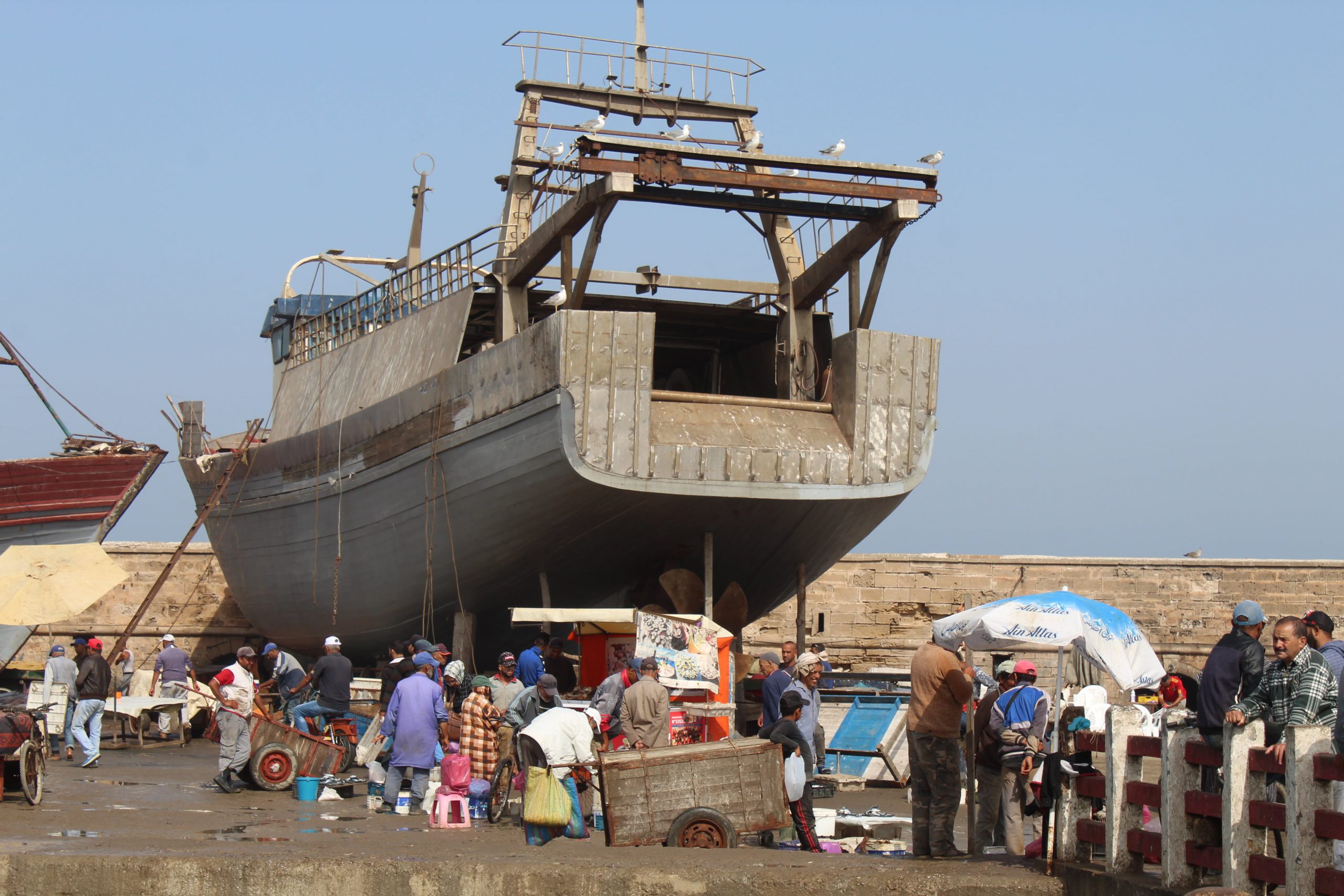
I know it is a lot, but the people, environment and animals of Morocco will thank you!
If you have some questions or other remarks, please leave a comment or contact me!
